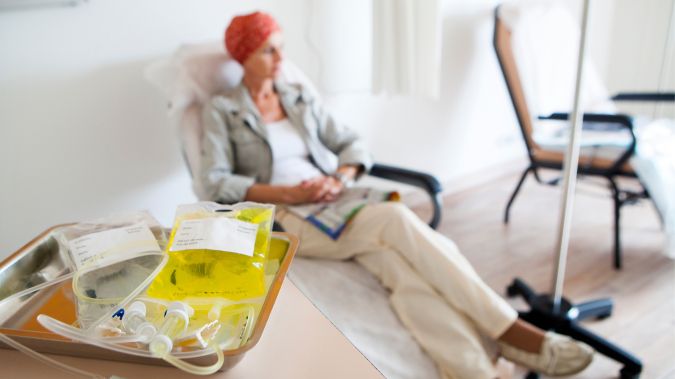The day before
Your doctor will give you a laxative to help clear your bowels. This may be in liquid or pill form. You’ll want to avoid eating solid foods the day before your procedure. Try to stick to clear liquids if you can. After midnight, don’t eat or drink anything until after your colonoscopy is over.
The day of
You’ll be lightly sedated during the procedure, so you’ll probably be groggy afterwards. Plan to have someone with you to drive you home.
During the procedure
The procedure should take around 30–60 minutes. While you’re asleep, the doctor will place a tube inside your rectum and up into your colon. Air blown through the tube widens your colon to make it easier to inspect. Your doctor will look for any polyps or other unusual growths.
After the procedure
You’ll have time to rest in the recovery room while the sedation begins to wear off. If your doctor finds anything unusual during the procedure, he or she will talk to you about next steps and discuss options for treatment.
It’s normal to have mild cramps or a little blood in your first stool after your colonoscopy. If the bleeding seems excessive or you’re having a lot of belly pain, call your doctor.



